Please check back in the next few months for a more detailed platform. Below are some of the issues I care most about:
Affordable Housing
Community Development
Civic Engagement
As someone who grew up in Cambridge public housing, and would not be here without it, I will be a strong advocate for increasing affordable housing. This is one important way to preserve the racial and socioeconomic diversity that makes Cambridge such a unique place to live. It is essential if we want to be a community where both long-time Cambridge families and newcomers can find affordable options.
While the Cambridge City Council recently passed an amendment to the Zoning Ordinance for Inclusionary Housing, increasing the number of affordable units required in new Cambridge developments from 15% to 20%, the challenges of increasing and diversifying our city’s housing stock remain.
In my experience as an attorney working for small businesses, I have seen the value of community development resources. I believe it is a city’s and a councilor’s responsibility to help eliminate the structural barriers that stand in the way of entrepreneurs and small businesses finding success.
I envision the Community Development Department offering entrepreneurs and small businesses more traditional and non-traditional finance opportunities, like partnering with local banks to offer a low-interest loan fund for new retail and restaurant venues. I also propose a small business retention program. Similar models exist in several cities.
We can also start recognizing small businesses as historic assets similar to what San Francisco does with its Legacy Business Historic Preservation. Additionally, we must address the impact of construction on small businesses, offer more community education to new business owners, and form a site finder service that provides database of commercial space available in Cambridge.
While current provisions in new developments like Mass and Main do provide some subsidized and ground floor retail, we need to think critically and creatively about offering more flexible commercial space, like Bow Market will do in Union Square, Somerville.
Cambridge has a population of over 110,000 people. 71,000 are registered voters, and yet only 10% turn out for municipal elections. What can we do as a city to promote civic engagement and increase participation? We have the Civic Innovation Challenge Inventory and the Participatory Budgeting process. We must continue this work of piloting creative platforms to engage a wider set of community members.
Given our numbers, the lack of local participation should be of concern to everyone. The vast majority of the decisions that affect the lives of everyday Americans, Cantabrigians included, are made at the local level. Most of the elected officials in the nation are elected locally and many of the most important public policies are implemented at the local level. I am committed to thinking critically and working toward solutions that engage more people across the city.
I am equally concerned about the amount of money in local politics given the low voter turnout. We must identify ways to discuss campaign finance reform openly and engage as many voters as possible in the process.
Supporting the Arts
As an attorney who represents artists and also works with makerspaces in Massachusetts, I believe we can strengthen resources for artists who live and work in Cambridge. While Cambridge offers excellent resources, cities across Massachusetts and the United States have carved out special provisions that pertain to arts and culture uses. I would advocate for identifying ways to further support the local arts & creative economy. We can look at the many models in other cities, and have existing opportunities here, like the Foundry Building, that deserve more attention.

